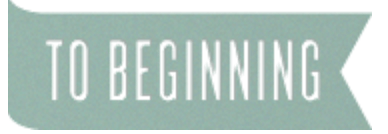Chapter 1
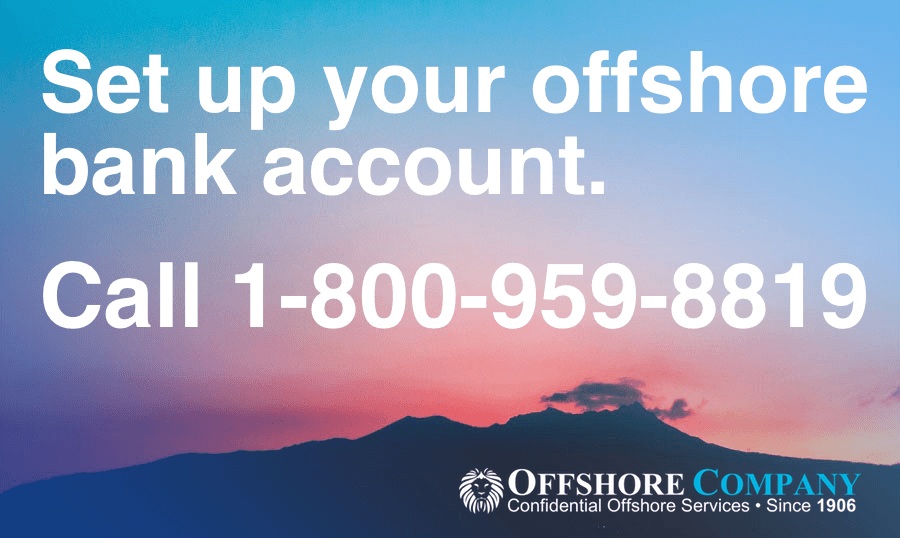
The first thing to realize when considering offshore banking is that it is very similar to banking down the street. You can view your account online. You can transmit bank wire transfers in and out of your account. Many offshore banks have debit cards associated with the account. In addition, outside service companies offer offshore prepaid debit cards that you can link to your offshore account.
As you know, a local account does not consist of little pieces of paper currency stuffed into a cubby hole with your name on it. Your bank account is simply computer data on the bank’s network that is backed up on servers around the world.
Should you travel to another country on vacation, you will still be able to access your account, withdraw funds, etc. Likewise, your bank account overseas consists of computer code; likely backed up on the exact same global computer network as your friendly neighborhood bank.
So, it does not matter whether you bank down on the corner or on the other side of the planet. Either way, your money is in the same place: on a global computer network.
Offshore Banking Safety
With regards to bank safety, keep in mind that there are international financial standards that banks must meet. That is, before a bank can accept depositors from abroad it must pass certain financial stress tests. For example, before a bank in Belize, Nevis, Cook Islands, Switzerland or the Cayman Islands can transmit wire transfers in US dollars, it generally needs to obtain a US correspondent bank. Obtaining a correspondent banking relationship carries certain requirements. For example, it must prove to the US institution that its financial strength ratios comply with strict international standards. Moreover, it must continuously pass these tests in order to maintain the relationship.
Additionally, there are rigorous government regulations within each of these jurisdictions. One hard and fast requirement is that banks must maintain substantial capital reserves in order to insure depositor safety. Moreover, regulators continuously audit the banks. This helps insure that the banks remain in compliance and to uphold the reputations of these popular financial centers. There are restrictions on the number, amount and security required for bank loans and investments. There are quarterly reporting requirements. Plus, bank officials must pass intensive background checks before they can obtain a directorship with the institution.

Standard & Regulations
There is an international regulatory framework for banks. These are standards to which all banks worldwide must comply in order to transmit funds overseas. This includes the Basel III. The Basel III is a detailed set of standards. The Basel Committee on Banking Supervision developed these standard for the industry. Its purpose is to solidify and unify the regulation, supervision and risk management of the banking industry around the globe. The intent of these measure is to do the following;
- Improve the banking industry’s ability to absorb blows stemming from financial and economic stress, regardless of the source
- Improve risk management, operations and oversight
- Strengthen banks’ transparency and disclosures
There are international standards for the Liquidity Coverage Ratio and risk monitoring tools that banks must have in place. It accomplishes this by making sure that a banking institution has a sufficient amount of unencumbered high-quality liquid assets (HQLA). These are assets the bank can easily and immediately convert into cash. The institutions can then turn to private markets in order to meet its liquidity demands for a 30 calendar-day liquidity stress scenario. There there is the Net Stable Funding Ratio requirements. These standards require banks to keep a secure funding profile for both the short-term and the long-term.

Banking Offshore Is Common
Offshore banking is very common. Over 2.7 million US citizens reportedly have offshore accounts. Offshore banking is not just for the top 1%. Banking offshore is available to anyone and everyone wanting to take advantage of the various benefits. Many foreign banks offer low deposit minimums. Thus, they make for a plausible option to anyone with a desire to set up an account offshore.
Moreover, the benefits of having an offshore bank account go way beyond alternative investment opportunities and hiding your assets. These benefits affect the average person and can greatly improve your daily banking experience. In terms of security, accessibility, convenience, and peace of mind, it would seem that offshore banking is the ideal solution. Gone are the days of thinking of foreign banking as some distant, idealistic tax evasion scheme to hide from your domestic government. On the contrary, it is legal, moral and ethical when done properly. Moreover, it is a real, viable, and sustainable option available to all willing to take advantage of it.

Why Learn More?
Many Americans are not aware of what offshore banking really is. But, alas, now is the time to start learning the truth about it. Offshore banking is the utilization of a banking system in a nation different than the one in which you reside; most favorably in a strong, stable jurisdiction. There are numerous financial and legal benefits to banking offshore. This could be due to an economy in the doldrums. It could be due to a poor federal reserve system tied to a government that is deeply in debt, such as in the USA. Alternatively, it could be, as was the failure of Washington Mutual, hugely capitalized banks failing stress tests.
Thus, it seems imperative to start examining offshore banking as a legitimate option. With the American and many European banking systems overleveraged, at best, you may also want to look at these reasons we will discuss below.
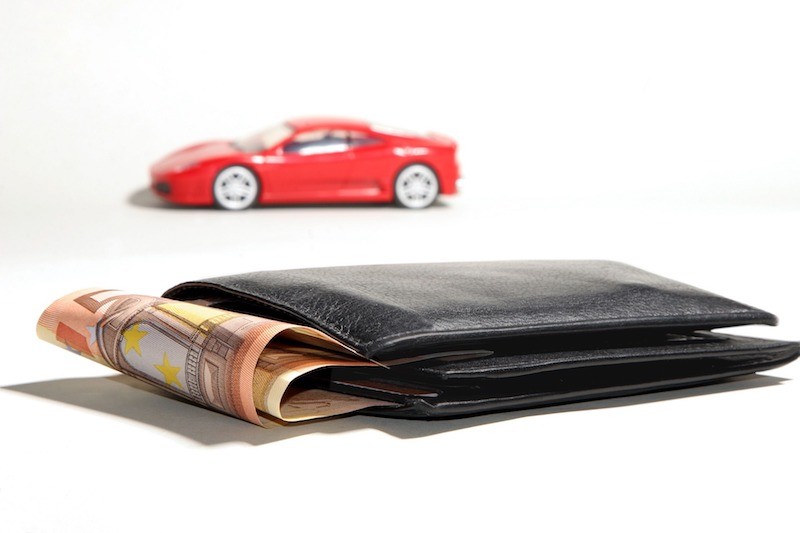
Diversification
Banking offshore offers currency diversification for your savings. This is very useful for maintaining a safe, stable long-term investment portfolio. Very few domestic banks offer options for holding diverse currencies. Holding assets overseas in different currencies allows one to take advantages of jumps in currency fluctuations. After the 9/11 disaster, many people opened Canadian bank accounts and converted US dollars to Canadian dollars. Many made a handsome 30% profit as the US dollar tanked and the Canadian one strengthened. So, holding various currencies can diversify investments, offer a higher return in certain market conditions and lower risks.
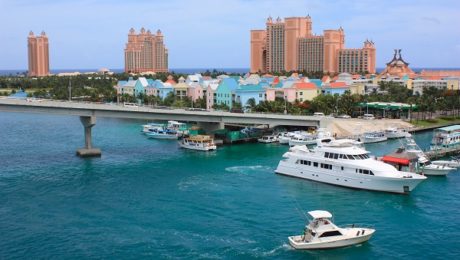
International Markets
It allows for diverse flow of income. It is also pertinent to consider that while the U.S. was in a recession in 2008, Asia’s market was booming. Limiting your business domestically restricts you. So, you may want to reap the benefits of economies doing well while your domestic economy may not be. In fact, you may consider establishing more than one foreign account. As such, you can ensure yourself that you are taking full advantage of the favorable international foreign banking laws. In Switzerland, for example, the banks are also the investment management firms. Swiss banking comes with some of the top money managers in the world. So, a financial planner in the institution can suggest a portfolio that offers a great combination of growth and safety. The US limits the number of trades in which a day trader can participate. Trading offshore removes this cap.

Better Interest Rates
Banks in the U.S. typically offer very low interest on deposits. For example, at current market rates, if you deposit $1,000 USD in January, you will make only $10 interest for the year. Some may feel satisfaction, or even thrill, to make any amount on their savings. However, when you compare that to some international banks, you can find some significantly higher interest rates on your deposits offshore. We are talking enough interest to make you set up an account just based on this benefit alone. Locations such as Australia, Switzerland, Netherlands, and France may not only offer great interest rates on your deposits, but they were also listed as home to some of the safest banks worldwide.
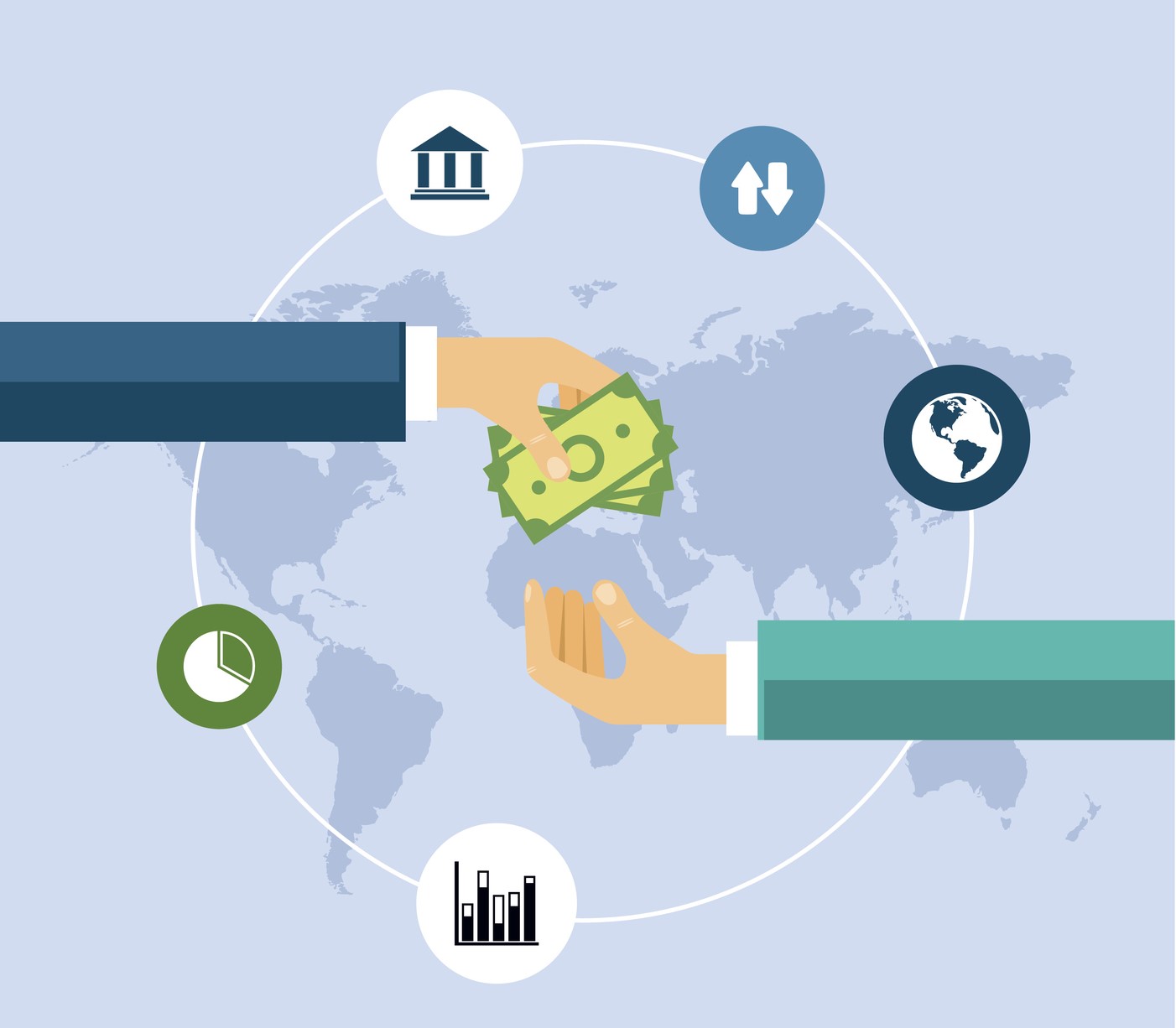
Move Money Quickly
Along with diversifying your assets, having even a small offshore account allows you to move quickly. Offshore account holders have the flexibility to move their funds, if needed. For example, you may be in a situation where asset protection from lawsuits become necessary. In addition, you may have regular transactions on international business deals. Both of these fundamentals are invaluable on their own.
Along these lines, we also know that domestic banks often keep very limited funds on hand for very large withdrawals. This makes it much harder to readily access all of your money quickly. The challenge is that here are numerous situations where this sort of limitation can be lethal in terms of asset protection. Why is this important? Here’s why. What if you cannot withdraw your funds quickly? That is, you may have a lawyer in the line behind you who wants to freeze your account until the bank hands it over.
So, having an account offshore ties the hands of your opponent. You can move your money quickly and/or have an offshore trustee step in to protect you.
Misconceptions
Perhaps a more common misconception of offshore banking is hiding assets from the tax man. In reality, this is rarely true, as offshore banks are typically transparent for tax purposes. That being said, there are some ways to maintain limited privacy when utilizing an offshore account. Any American relocating $10,000 USD or more, at any time, must report it. However, it is possible to have an account with under $10,000 USD without reporting it. You do, however, need to report if you are the signatory on a foreign account. Nonetheless, we highly recommend you speak with your tax advisor.
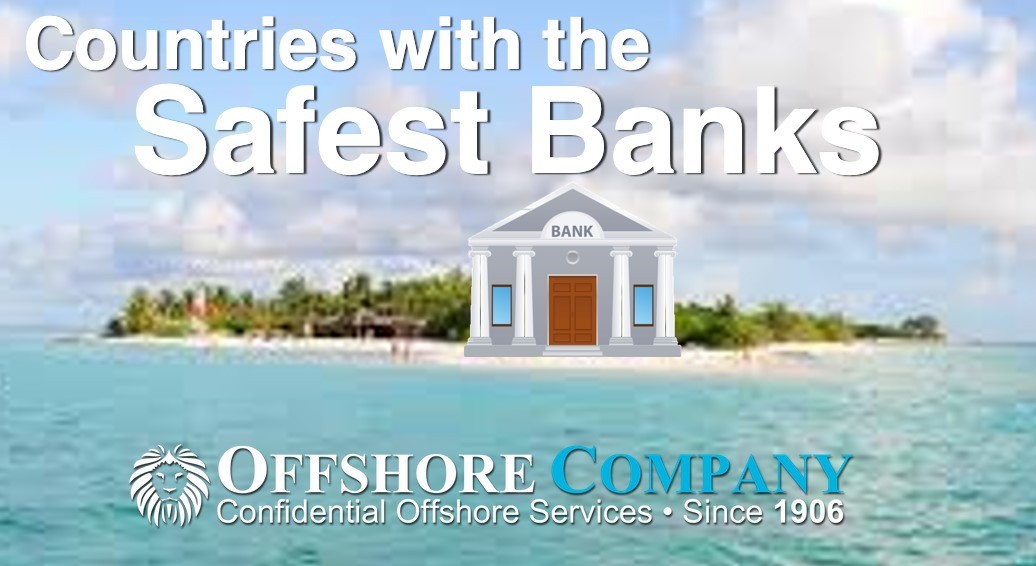
Safest Banks Are International
A more secure banking experience. The federal reserve system that backs U.S. banks is, in turn, backed by the most debt-ridden country on the planet. Moreover, top finance publications have released lists of the safest banks worldwide; none of which were national U.S. banks. Absolutely none. Take Global Finance Magazine, for example, They release a list of the 50 safest banks every year. The shocking thing is it does not mention any big American bank. As of this writing, the only American banks on the “safest” list are three small farming banks, they list at numbers 30, 45 and 50.
According to Global Fiance, here are the countries with the safest banks:
- Germany
- Switzerland
- Netherlands
- Norway
- Luxembourg
- France
- Canada
- Singapore
- Sweden
Of the above countries, only Switzerland and Luxembourg will open accounts without the need to travel to the country. The minimum deposits are substantial. The banker will eventually come to visit you in person.
Internationally, however, it is easy to find banks in low debt countries that don’t (and won’t) gamble with your money. Consequently, they are able to keep more cash on hand for your withdrawals. When you put it in terms of investing, where would you would want park your money? In a company swimming in cash? Or one drowning in debt? Countries such as Switzerland and Luxembourg have strict central banking regulations. They implement “checks and balances” on all bank accounting practices. Many other offshore banks and countries have similar systems. These systems help to ensure people who are looking to bank offshore can do so safely and soundly.
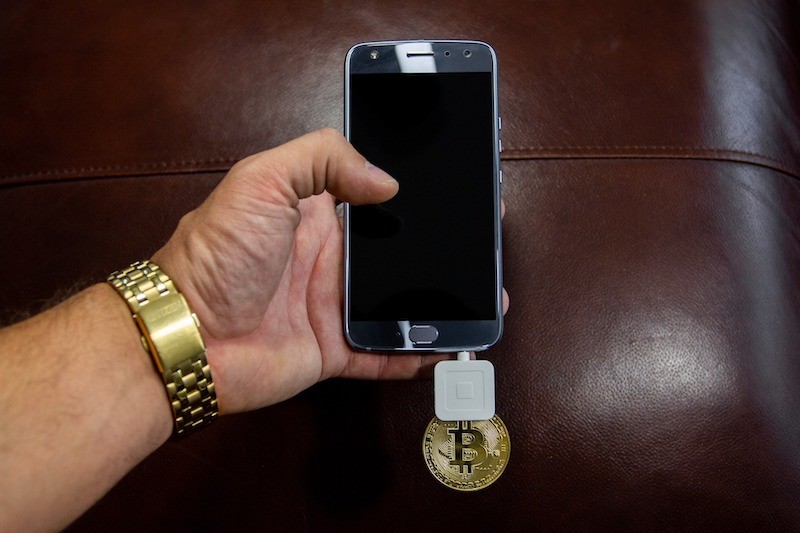
Greater Security
Additionally, many asset protection experts say, when you bank offshore you are less attractive to lawsuits domestically. That is, if you tie up a chunk of your assets in offshore accounts they are harder for your opponent to seize. This may not be a concern for everyone; but keep in mind it is more difficult for someone to freeze your accounts in a snap if they are sitting in foreign banks. For long-term security, experts recommend holding your account in an offshore company and/or trust. Holding funds in these tools do not only give privacy. They can also offer substantial legal protection if a court order demands repatriation of the funds.

Setting Up an Offshore Account
This will most likely come as no surprise. It is becoming more and more difficult for Americans to set up offshore accounts. This information is highly pertinent. So, it is essential to ask an experienced professional to find the best bank for you. That is a service that our organization provides. We know which banks will accept foreign clients. We are keen on which banks we feel are the strongest and safest and which offer the most attractive services.

Some things to look for:
- Availability for American clients. Not all banks still accept American, Canadian and European clients.
- Ability to open an account remotely. There are some overseas banks that have options for clients to open accounts online or over the phone. Naturally, you will also need to provide the legally required know-your-client documents. Other banks require that you visit their bank directly to open an account. That said, some of those banks have domestic branches. Therefore, some will allow you to set up overseas accounts through the local branch. The problem is that US courts have jurisdiction over the local branches. So it is important to use a bank that does not have corresponding US locations.
- Low minimums. Most banks require a minimum deposit to open an account (that goes for domestic and international). So you will want to seek a bank with a minimum within reason for you.
- Banks that have local clients as well as foreign clients. You can rest assured that a bank offering services to locals is going to be well scrutinized. A bank that only has foreign clients, is often called a “Class B” bank. These banks may be more easily overlooked by regulators. “Class A” banks can typically accept both domestic and foreign depositors.
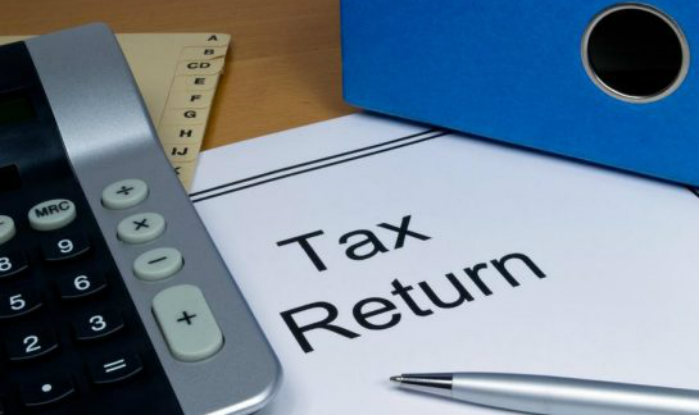
Tax Information
Many foreign banks have strict privacy laws and do not disclose account information. Tax reporting, however, is a different issue. International financial institutions are responsible for filing certain forms for US residents and citizens. Doing so helps them comply with US tax regulations. The responsibility also lies with the account holder to report it properly. When setting up an offshore account you will also want to keep basic tax laws in mind. It is important to note, by the way, this is meant to be helpful information only and not tax advice. It is subject to change. So, first seek advice from a licensed accountant. That being said, it is recommended that Americans keep the following in mind.

US Regulations
- You must report all worldwide income. This applies even if you pay foreign taxes on your income. Keeping money over yonder and only paying taxes when you bring it back ceased in 1964. Large corporations with a broad shareholder base can get away with this; but not an individual or closely held corporation.
- You have to report any foreign bank account exceeding $10,000 USD. This is supplementary to your income report. If you have an offshore account exceeding ten thousand dollars, you have to file an FBAR form.
- Interest Income. If you have any interest (income, losses, gains, deductions, proceeds, and distributions) in any foreign asset higher than $50,000 USD on the last day of the tax year or $75,000 USD at any time during the year, you have to file a Form 8928.
- Penalties and interest for improperly reporting your taxes. There is no statute of limitations on tax evasion. Penalties can range from $10,000 to hundreds of thousands of dollars. Tax evasion, false reporting, and failing to report may carry stiff penalties. So be sure to comply with all tax laws.
Making the Right Decision
Aside from all of that, you also need to bear in mind that no one bank is right for everyone. While some people need highly capitalized banks with easy access to withdrawals, others may look for “asset protection” benefits.
Contrary to popular belief, offshore banking isn’t about evading taxes or hiding your assets. It is more about building your business and securing assets from vexatious litigation. That is, many people simply establish offshore accounts to benefit from favorable international regulations.
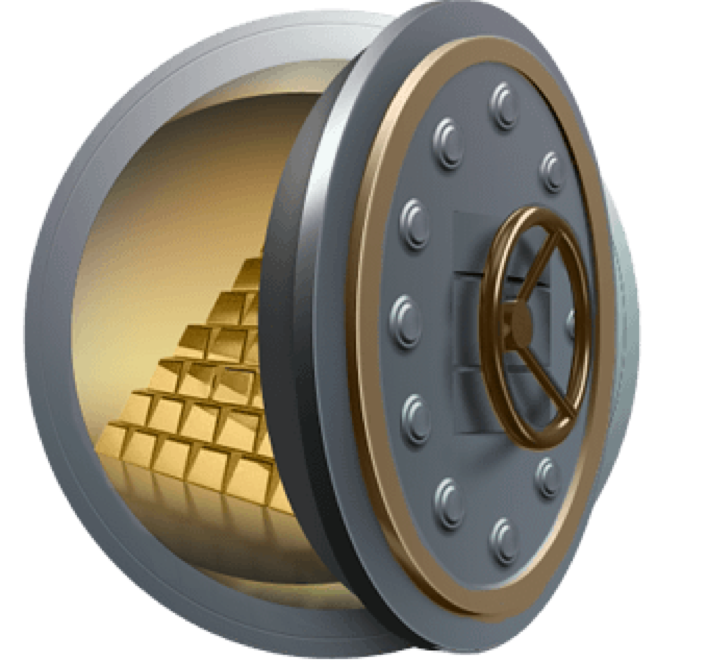
Safer Offshore Than Onshore
As time goes on, in fact, it seems the question is less “Is foreign banking for me?” and more “Is domestic banking right for me?” This is not some fluke. This is the direct result of a shaky banking system. It is a system backed by a government in debt; a government that is burning through the people’s money.
Meanwhile, the federal reserve is in shambles. If you think otherwise, compare it with equivalent agencies in countries that are not deep in debt. Certainly the question is no longer about whether offshore banking is safe. The question we should be asking is this. Which secure offshore bank we should use to our personal, legal, business, and financial benefit?
Offshore banking allows for increased financial privacy. Many individuals and companies around the world take advantage of these confidentiality benefits. US residents can enjoy the same financial rewards as these people and businesses by banking offshore.
Protecting your money from divorce, lawsuits and legal battles is another reason. You can open offshore bank accounts in the name of offshore companies to provide maximum privacy and security. Offshore bank accounts are not just for the wealthy. There is a distinct rise in the number of Americans who put their money into private financial accounts. The purpose of this writing is to provide understanding and information on the subject.

Confidentiality of an Offshore Bank Account
Most offshore bank account jurisdictions have strict confidentiality rules and regulations. These are in place to help ensure that the identities of their depositors and investors as well as the related transactions are confidential. That is, the casual probe or prying eye will not be able to delve into your financial affairs. While this confidentiality is almost legendary, it is not possible to guarantee absolute privacy and anonymity. All financial institutions the world over have an implicit legal obligations. As such, they are to report and comply with investigations into suspected serious criminal activity. This, of course, includes terrorism, money laundering, or the fruits of the illicit drug trade.
However, in the vast majority of instances there is no compelling criminal accusation. So, depositor information is guarded in a jealous fashion. These offshore bank account jurisdictions are designed to provide the utmost in confidentiality, and serve to judiciously protect and safeguard depositor information. This high level of confidentiality is especially noteworthy as it relates to protecting assets from domestic litigation. For example, civil matters such as divorce or contested estates are daily battles in the courts.
It is not in a bank’s interest to divulge confidential or depositor information. Thus, they have traditionally only done so reluctantly and with certain, rigorous tests that the requesting government agency meets. Any semblance of leaks or breaks in confidentiality would serve to break the confidence of other potential account holders. As such, they would stand to lose a great deal of the banking business.
Privacy
Even deeper and tighter levels of anonymity and confidentiality are readily available. One can enhance privacy through asset-holding vehicles such as International Business Companies (IBCs) or Offshore trusts. These tools offer mountains of protection compared to simply “opening a bank account.”
The goal of anyone looking to open one or more offshore banking accounts should be this. To strike the appropriate balance between asset protection, anonymity, security, and accessibility it is important to have guidance. Be sure to get a hold of a consultant to find the right solution for you.

Additional Information About Offshore Banking
Popular jurisdictions for offshore bank accounts can be found in various parts of the world. However, it is very important to form an offshore company to own the offshore bank account. The jurisdictions that offer the most privacy for the owners of an offshore company are not necessarily in the same jurisdiction as the offshore banking account provider. One may drive a Mercedes automobile. But that car will not have Mercedes tires. It will more likely bear Goodyear, Firestone, Continental of Michelin tires.
Likewise, you will want to choose the jurisdiction with the best legal tools. Then you will want to choose the jurisdiction with the best financial institutions that meet your needs.
For example, you can have a company in the island of Nevis and a bank in Switzerland. Nevis company law offers maximum privacy of ownership. Switzerland offers the strongest combination of bank safety and financial privacy. It is critical to establish the right combination for your specific needs.
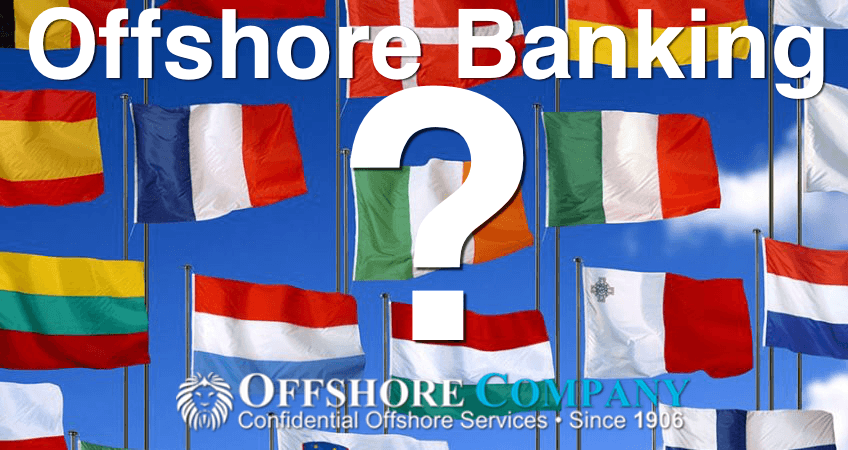
Join the Crowd
OffshoreCompany.com is the world authority in offshore services. The organization specializes in financial privacy and asset protection plans for a worldwide audience. The company has been at it since 1906. We urge any prospective client to seek the assistance of a trusted offshore services coach. You can make contact by using the phone number or consultation form on this page.
Opening an offshore account provides an alternate and legal option to safeguarding your money. This company has “been there” since 1906.
Robert Kiyosaki, world-renowned entrepreneur, financial educator and NY Times bestselling author said this. “If you want to go somewhere, it is best to find someone who has already been there.” When financially successful people speak, it is often very wise to listen.
As stated above, approximately, 2.7 million Americans have their money in offshore accounts. US politicians, wealthy investors and celebrities alike take advantage of offshore banking opportunities. This number excludes the 7.6 million US citizens living and banking abroad, according to the US State Department. Also, not included in this total, are the number of US military people living all around the world. It doesn’t matter if you are a US citizen or an expatriate living overseas. Whatever the reason, most people can legally benefit from having an offshore account.
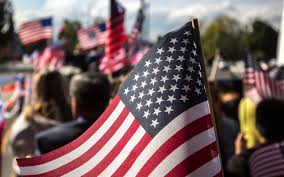
The Financially Unsavvy US
The last domestic financial disaster in the US occurred in 2008. During this time, some of the largest banking institutions went bankrupt. This was due to fraudulent practices perpetrated on the working people of America. It sent shockwaves around the world. Billions of dollars in savings and pensions were lost. The catastrophe left many people broke, having to start over. Who’s to say that won’t happen again?
Before that, the US stock market crashed in 2000. This was otherwise known as the “dot com bubble,” as you recall. Then there was that famous day on October 19, 1987. We call that date “Black Monday” and is was the biggest one-day financial meltdown in American history. It resulted in over 500 billion dollars vanishing from the markets. Prior to that, the largest well-known financial pandemic was the Great Depression in 1929. Added to this are many recessions between now and then that have ravaged the finances of millions Americans.
Moreover, the US is by far the most in-debt country in the world. As the interest on the national debt skyrockets, the odds of many more financial catastrophes in the United States do too. This includes the collapse of banks…that your money may be in. Don’t rely on the FDIC do bail you out. The Federal Deposit Insurance Corporation (FDIC) is a United States government corporation providing deposit insurance to depositors in US banks. The only problem is that, yes, it is backed by the most in debt country on the planet.

Do What the Rich and Informed Do
It is widely known that diversifying your financial portfolio is the right way to go. Putting your money into stocks, mutual funds, index funds and real estate are only a few options for the average investor. But if all of those investments are in the USA, they can all be pulled down the same sinkhole. In the event of another US financial collapse investments can shrink to a fraction of their original value.
What if there were other investment options?
What if there were more ways to invest, safeguard and diversify your financial portfolio? Moreover, what if you had the added bonus of having the utmost confidentiality of your investments?
That is where offshore bank accounts come in.
To prove just how substantial the offshore account market is, over $32 trillion dollars have been placed in offshore accounts. Savvy investors realize that the US is not and has not been the “go to” place to secure their money. Actually, as far as secure banks are concerned, the US ranks poorly on the list of the world’s most secure banks.
As we have said above, according to the Global Finance list of “The World’s 50 Safest Banks 2015,” the US ranks #30, #45 and #50 on the list of the world’s safest banks! The tiny farming banks, AgriBank, CoBank and AgFirst are the only US banks that made the list. The banks that most US citizens use for the finances, Chase, Citi and Bank of America are nowhere on the list.
Makes you think…
Making less interest on your money than the annual inflation rate erodes it. Taking risky chances investing blindly in the stock market is hardly a way in which you can reach your financial goals.

The Dying American Dream
Chances are you work really hard every day. You may own a business, pay the bills and act in a financially responsible fashion. The money you have left over and save (and attempt to invest at the mercy of the stock market) is your nest egg. That is your retirement, and your dream to a better life.
At any time, greedy lawyers may freeze your bank accounts render your funds inaccessible. Perceived issues with the IRS, divorce, unpaid medical bills, child support issues or any judgment against you can result in having your bank accounts ripped out from under you.
Even marrying and potentially divorcing has proven to result in financial disaster, that many do not recover from. Why? Because all of your assets may be in the US. As such, they are visible and susceptible to judgments and confiscation, leaving you in the poor house.
Ending a marriage is emotionally painful, yes. But it also devastates people financially. Divorce proceedings can take years to conclude. One can squander tens of thousands or even millions of dollars. Later, it can leave you with a mere fraction of what you have built. Being financially conscious of this fact provides yet another reason. It is another reason to allocate some of your money to an offshore account within strong legal tools. Therein, you can keep it out of harm’s way.
Opening an offshore account gives you the freedom to keep your money private and not susceptible to domestic moochers.
Positive Financial Outlook
The media has commonly referred to offshore accounts as “tax shelters” or “tax havens.” In the past, the IRS did not heavily scrutinize money invested offshore. Because there were so many advantages to investing money offshore. The IRS has now made it harder for those looking to seek financial benefits—and the IRS wants its share.
In 2009, the congress passed the Foreign Account Tax Compliance Act (FATCA). It stated, as before, that US citizens living abroad need to file their taxes with the IRS. What was new, however, was that financial institutions abroad needed to reveal their US clients who bank with them. The country got most of the news in this regard was Switzerland. The Swiss Bank Account had, and still has tremendous notoriety. Switzerland is a great country in which to invest or save money. It is known for banking safety and a plethora of investment options. These regulations turned out to be a godsend. That is because it is almost foolish for someone to accuse a US person of offshore tax evasion. When the bank they use is obligated to report, tax evasion is much less of an issue. Thus, it makes compliance by US people that much easier.
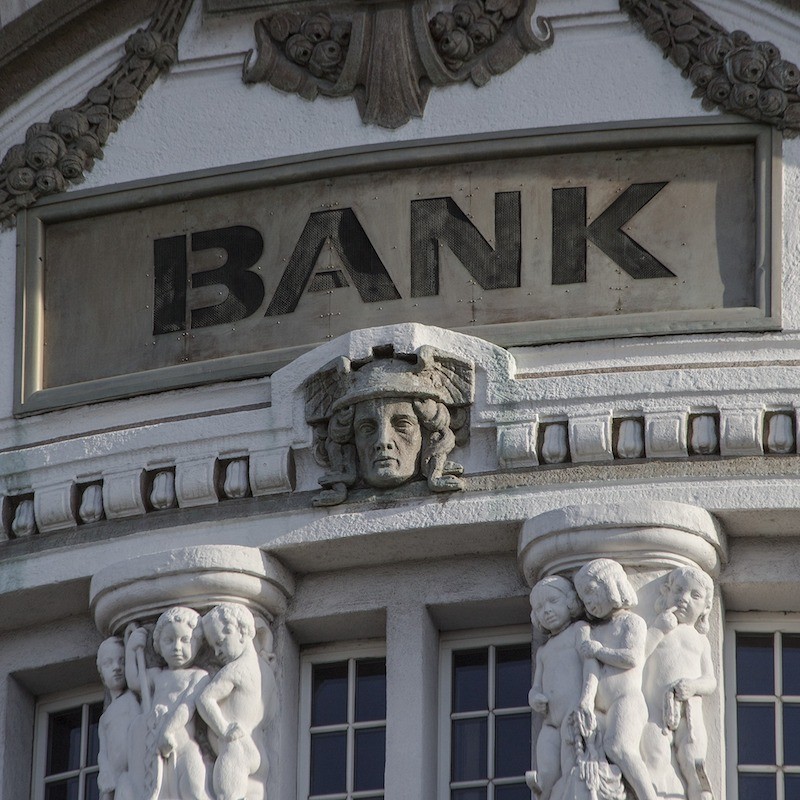
Choices
There are dozens of other countries, in addition to Switzerland, to invest your money.
Please note that it is perfectly legal to bank in offshore accounts. US citizens need to report their offshore profits to the IRS. This a simple layer of due diligence for you to do during tax season. But also note that CPAs and attorneys who understand offshore banking tax regulations can help. Those well-versed in these new laws and will walk you through the simple reporting process.
Keeping all of your money in the US banking system nowadays is an outdated, unsafe and uniformed way to invest. Why have your savings at the mercy of a fraudulent, corrupt, rigged system?

Getting Started
Opening an offshore account is not difficult. However, there are new laws and hoops to jump through, as well as the number of offshore banks who do not accept US, Canadian or Australian depositors. So, it is highly recommended to seek a company that is experienced with the ins-and-outs of offshore banking.
Are you interested in finding out more? If so, we are here to help. There is a consultation form on this page that you can complete right now. Plus there are numbers for you to call to speak to an experienced consultant. Feel free to take advantage of these opportunities and reach out to us for help.
| [1] | [2] | [3] | [4] | [5] | [6] | [7] | [8] | [9] | [10] | [11] | [12] | [Bonus] |




